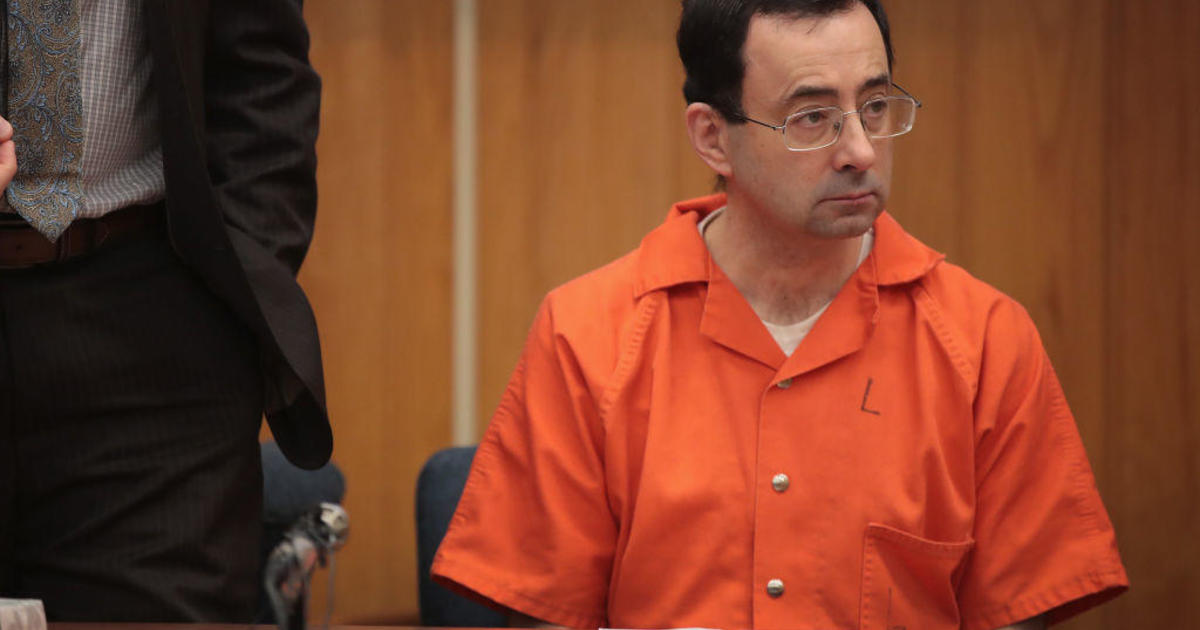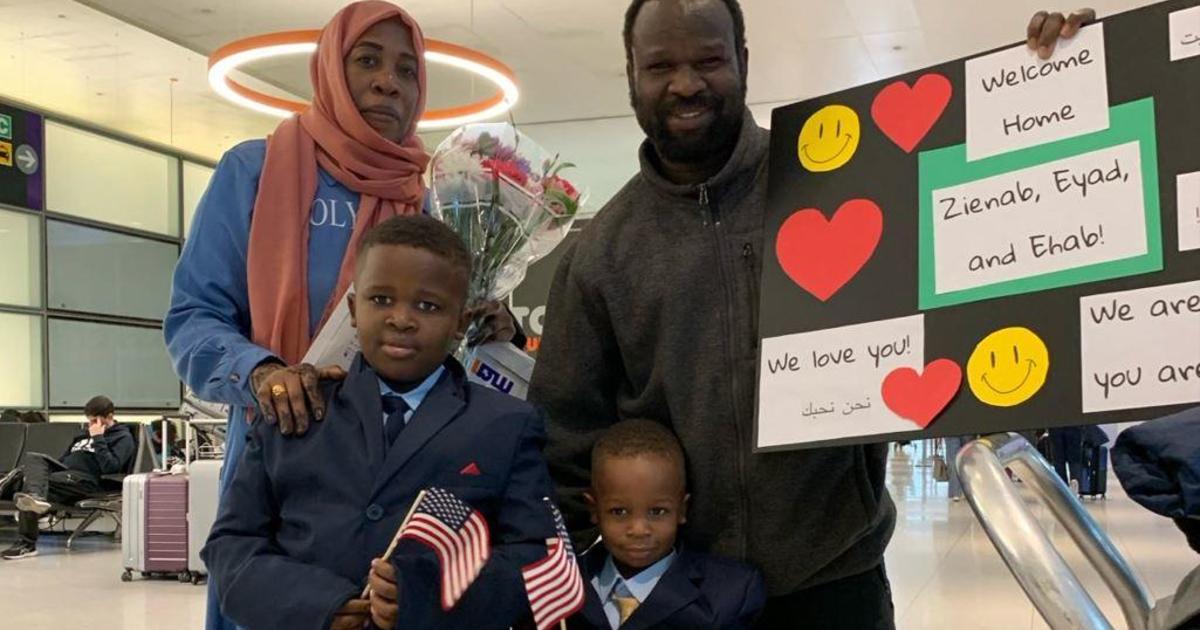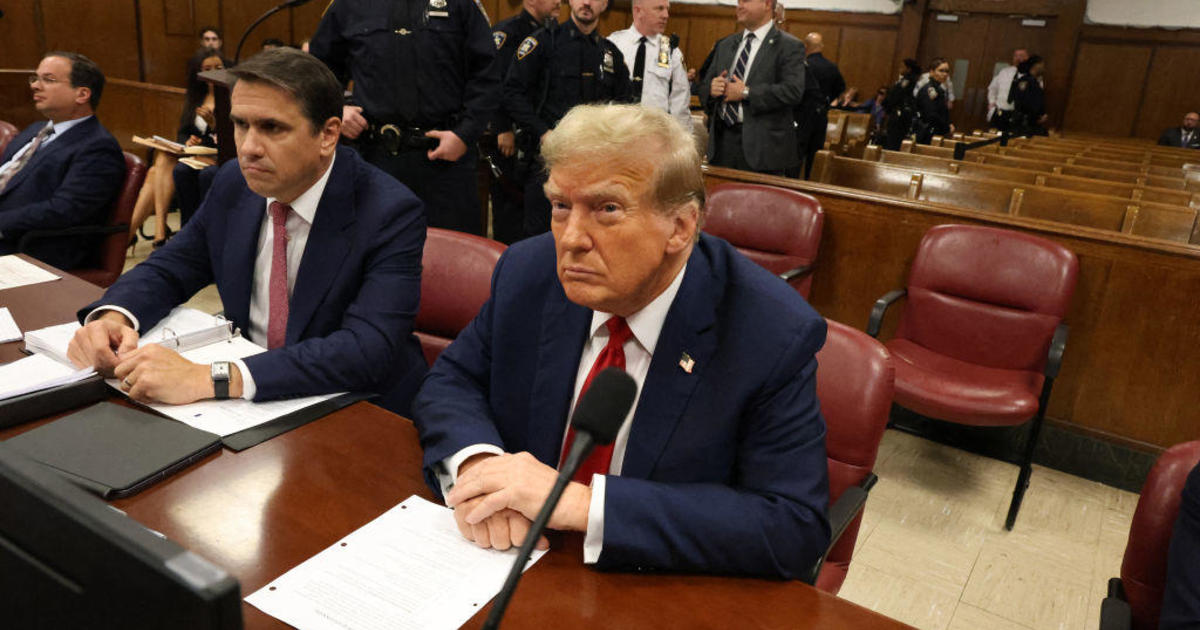First African-American FBI agent gets recognition 100 years after he was hired
The first African-American FBI special agent, who was hired 100 years ago, is finally getting recognition. There are no known photographs of James Wormley Jones, but there is a record of his hiring.
Inside FBI headquarters in Washington is an archive room filled with hundreds of thousands of documents and a lone application for the job of special agent. It was handwritten in 1919 by James Wormley Jones. Until now, the then-35-year-old has been a footnote in the bureau's history, CBS News correspondent Jeff Pegues reports.
"Most people don't know who he is," Pegues said.
"That's true. A hundred years ago, right? December of 1919 is when he started. He was the son of a slave, a Washington Metropolitan Police Officer, a WWI veteran," said Andy Vale, an assistant director of the FBI.
According to the FBI, Jones was "employed exclusively in an undercover capacity ... working directly under J. Edgar Hoover." More black agents would follow Jones' foosteps into the bureau and they too would work under cover in the black community.
Hoover would go on to become the longest tenured FBI director, and targeting influential black Americans would become a pattern. In the '50s and '60s, Hoover targeted Martin Luther King Jr. for extensive surveillance.
That history did not stop John Glover from becoming the second African-American graduate from the FBI's training academy in Quantico, Virginia, in 1966.
"I had a class of — a new agents training class of 32 individuals. I was the only African American," Glover said.
Glover would rise through the ranks, and in the late '70s, when the city of Atlanta was being haunted by a series of child murders, he led the FBI response. "I think, for the black community, it was kind of satisfying to see an African American man up in front, in charge," Glover said.
In 1982, Glover would become the bureau's first black assistant director. Still, he sympathized with other black agents who sued the FBI alleging systemic discrimination.
"They would see themselves in an undercover role, or they would see themselves doing something that, you know, only an African-American agent could do, not something that any agent could do," Glover said. "There was some resentment about that."
"Was that resentment valid?" Pegues asked.
"I think so," Glover said.
Today less than 5% of FBI special agents are black.
"A diverse FBI will be a more effective FBI," said Voviette Morgan of the Los Angeles field office. She is the only female African-American special agent in charge.
"I don't think in the African-American community you think about, 'Ooh, I want to be an FBI agent'" Morgan said. "And I hope that changes. … I do want little girls that look like me to have this as a very viable option, to desire it, to want it."
Vale said current FBI Director Christopher Wray has made recruiting people of color a top priority. "In order for us to be successful, I think we need to be reflective of the communities that we're sworn to protect and serve," he said.
This month at the Newseum in Washington, D.C., the FBI recognized Jones and other African-American special agents. Bureau officials said they believe there are lessons from its past.
"We have to own it," Morgan said. "And we have to ensure that it doesn't repeat itself, and we have to have everyone in like mind on that as we move forward."
New FBI agents visit the Martin Luther King memorial in Washington, D.C. and study Hoover's policies toward King. FBI officials said it provides a lesson on what happens when power is abused.



